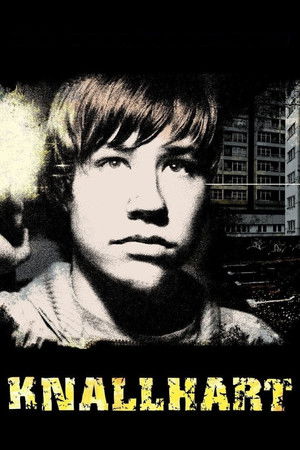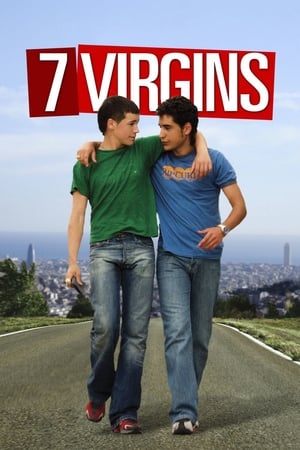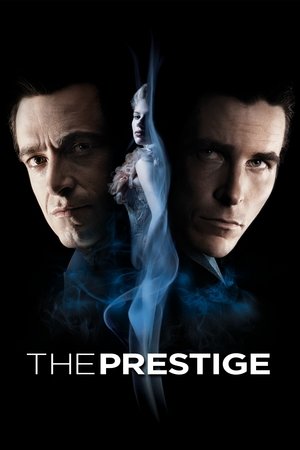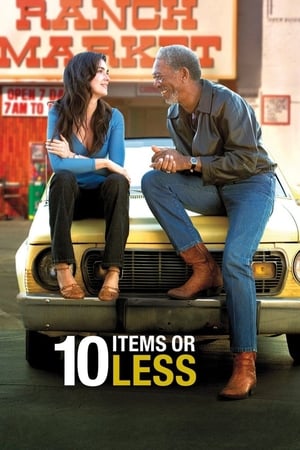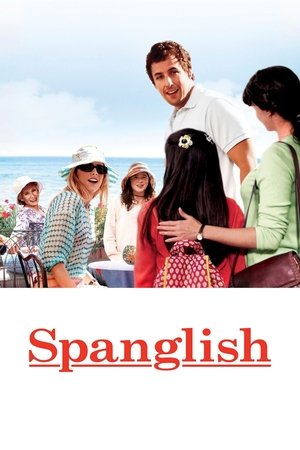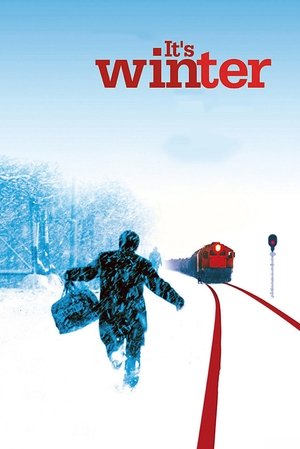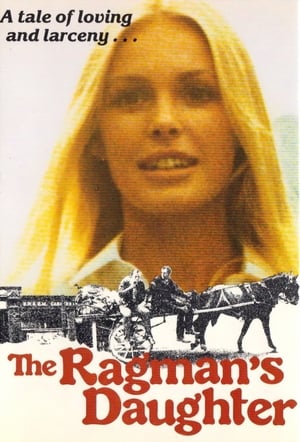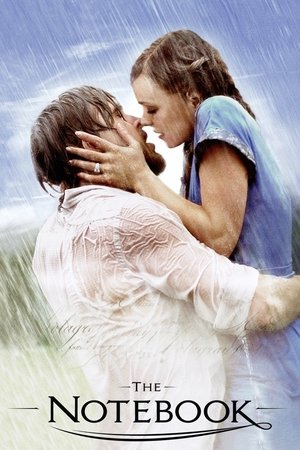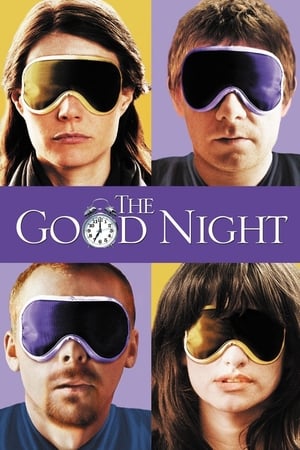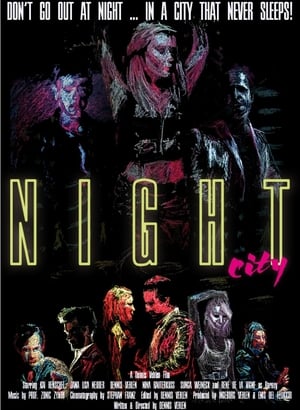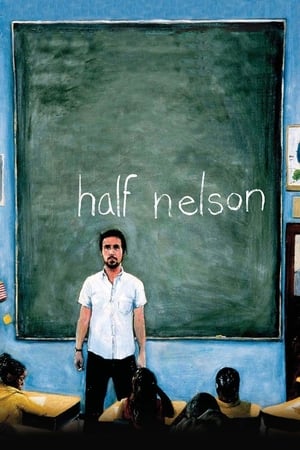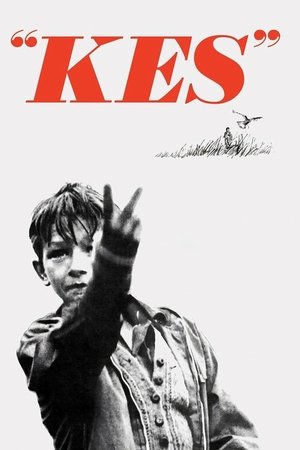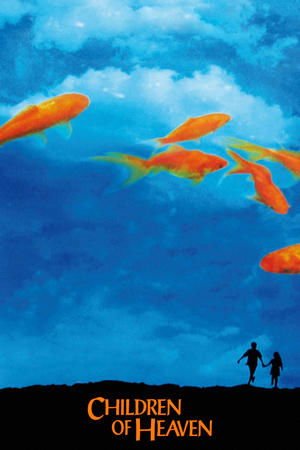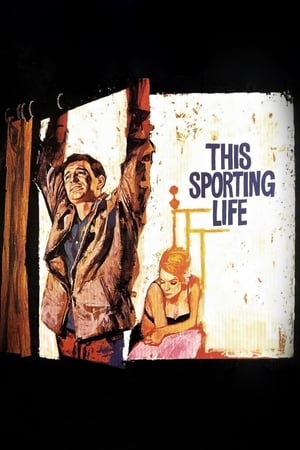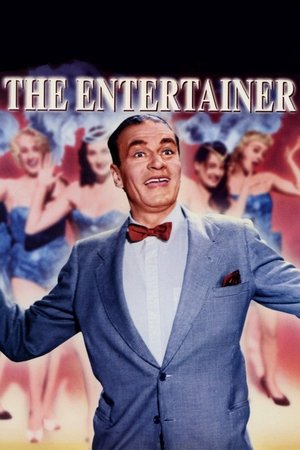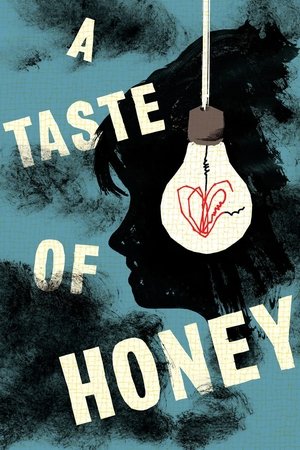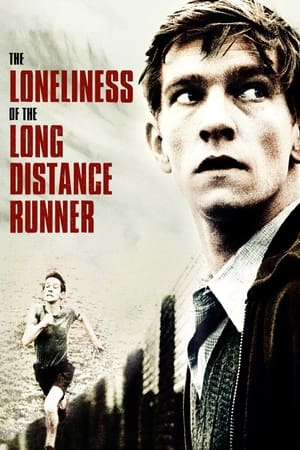Overview
Aurora, a Portuguese migrant, works as an order picker in a warehouse in Edinburgh, Scotland. Caught between the walls of a huge distribution centre and the solitude of her own room, Aurora tries to seize every opportunity to resist the alienation and isolation that threaten her identity.
Reviews
"Aurora" (Joana Santos) has left the warmth of Portugal and moved to a rather dreich Scotland where she works as a picker in an warehouse. The job is the epitome of mundanity and repetitiveness - walking the aisles scanning items bought online and making sure she does it quickly enough to earn her paltry reward at the end of the week. It couldn't quite be called "slavery", but it's not a kick in the shirt off it as she and her colleagues collect the minimum wage for their work. She lives in a flat-share where the daily routine extends to microwave meals and the occasional chat with her flatmates. One new lad, "Kris" (Piotr Sikora) arrives and seems a little more inclined to break the monotony of things, but she accidentally drops her phone and the £99 it costs to have the screen repaired pretty much wipes her out for the month and reduces her to a starvation diet. Perhaps there are hopes of a new job? At any rate, she has to break this depressing cycle before it breaks her! This film doesn't miss and hit the wall when it presents us with the automation of human life. "Aurora" lives a life of a robot, and the brain-rot that it induces is plain to see, but sadly it also indices a bit of ennui in the viewer too. It's very authenticity is what makes it dull to watch and none of the characterisations are remotely developed enough to make anyone care about her. Sure, the environment is a shocking indictment of the consumer culture that is best exemplified here by a team brief in which they celebrate the corporate glory by giving the staff a cup cake, but once that point has been made and absorbed, the rest of this is just as unchanging as the message. Why is she here? Why doesn't she return home? Her emotional and physical isolation seems contrived for dramatic purposes rather than being particularly plausible. The acting is competent enough and there isn't so much dialogue to trouble us so maybe that's why I found it all just a bit too one-dimensional.

 101 min
101 min
 7
7
 2025
2025
 Portugal
Portugal
 CinemaSerf wrote:
CinemaSerf wrote: